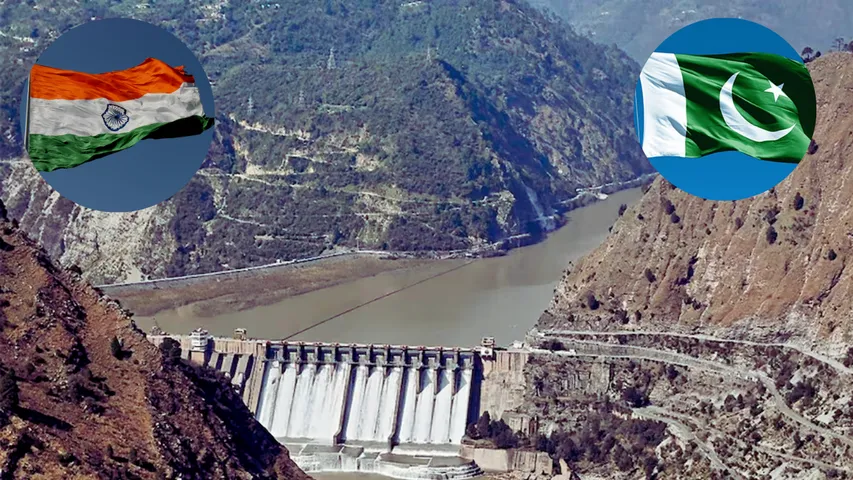In a dramatic and unprecedented diplomatic move, India has put on hold the Indus Waters Treaty, a historic accord with Pakistan, after the April 22 terror strike in Pahalgam, Jammu and Kashmir, that killed at least 26 individuals. This is one of a series of sweeping countermeasures declared by New Delhi in reaction to what it has called continued support for cross-border terrorism by Pakistan.
What Is the Indus Waters Treaty?
The Indus Waters Treaty (IWT) was signed in 1960 with the mediation of the World Bank. The treaty regulates the sharing of waters of six Indus basin rivers between India and Pakistan. According to this treaty:
- India owns the rights of the eastern rivers — Ravi, Beas, and Sutlej.
- Pakistan owns the rights of the western rivers — Indus, Jhelum, and Chenab.
The agreement has been regarded for years as a unique instance of prolonged cooperation between the two countries in spite of some wars and decades of political enmity. Yet its suspension represents a historic turn in India’s bilateral approach towards Pakistan.
Why Has India Taken This Step?
The suspension is after a terrorist strike in Pahalgam, in which 26 persons died. The government of India directly connected the strike to Pakistan-backed terror groups. The Foreign Secretary Vikram Misri, through a midnight press conference, indicated that the suspension will persist as long as Pakistan “credibly and irrevocably” ends support for terrorism operating out of its territory.
Other Steps Declared by India
In addition to the suspension of the Indus Waters Treaty, India has taken a series of stringent diplomatic and strategic steps:
- Deportation of Pakistani military attaches from the Indian High Commission
- Closure of the Attari Integrated Check Post, suspending land-based connectivity
- Cancellation of the SAARC Visa Exemption Scheme (SVES) for Pakistani citizens
- 50% reduction in diplomatic personnel in both countries’ missions, effective May 1
These steps mark a hardline turn in India’s foreign policy approach towards Pakistan.
Pakistan to Make Countermeasures Announcement Tomorrow
Pakistan has moved quickly. Its National Security Committee, headed by Prime Minister Shehbaz Sharif, will meet on April 25 to decide on its course of action. Defence Minister Khawaja Asif confirmed that the committee would deliberate and agree on “appropriate countermeasures”, indicating a possible ratcheting up of the diplomatic confrontation.
Domestic Political Coordination in India
To make sure that these crucial decisions receive bipartisan support, the Indian government has summoned an all-party meeting. Defence Minister Rajnath Singh will chair the session, with Home Minister Amit Shah and External Affairs Minister S. Jaishankar likely to attend. The idea is to come up with a common stance in light of increasing security issues.
Regional Implications
Suspension of the Indus Waters Treaty represents a critical decline in India-Pakistan relations and may have long-term regional implications, specifically in regards to:
- Water security and resource allocation
- Bilateral diplomacy and cross-border cooperation
- South Asian geopolitical stability
The next 48 hours are likely to be critical, as both countries chart their next moves. International observers will be watching closely, particularly with regard to humanitarian concerns around water sharing and potential military or diplomatic escalations.

